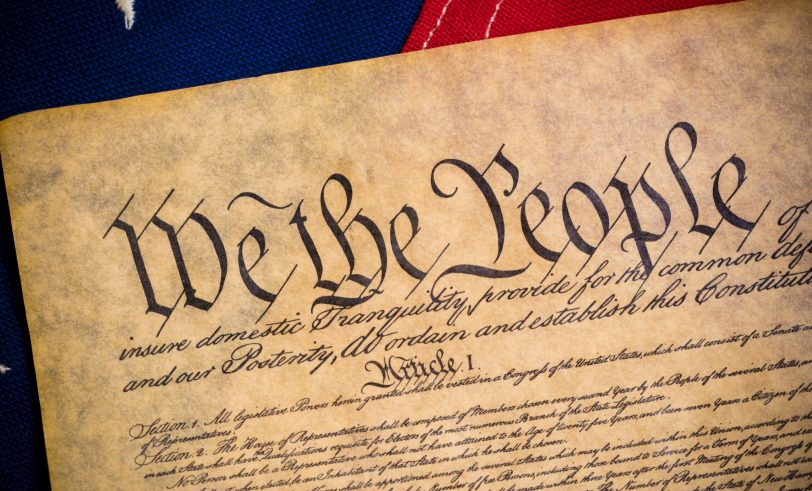Our nation is in the midst of a battle over free speech, the right to protest, and what differentiates a protest from a riot. But even as thousands take to the streets to exercise their democratic rights, the sad fact is that most students leave high school with very little knowledge of how government works.
The results of the 2018 National Assessment of Educational Progress (NAEP) exam revealed that just 24 percent of U.S. eighth-graders scored proficient or advanced on the civics exam. On the NAEP history exam, a mere 15 percent of eighth-grade students scored proficient or advanced. These results indicate that a majority of students are not well versed in the topics that are critical to understanding and contributing to American democracy. Unfortunately, these rates have stayed fairly consistent since 1998, in both subjects.
A higher percentage of private school students scored proficient or above in civics and history than public school students. In 2018, 41 percent of private school test takers scored proficient or above in civics, whereas only 23 percent of public school test takers scored proficient or above. On the history exam, 29 percent of private school test takers scored proficient or above, while only 14 percent of public school students did. Based on these results, while not impressive, private schools seem to be doing a better job teaching history and civics to their students.
A solid civic education is important for a healthy democratic society. Students can learn how to participate in the political process and apply historical context to current issues. Civic knowledge can also support students’ career goals and prepare them for future political, cultural, and business leadership roles. We need to hold our schools accountable for failing to teach kids these important lessons.



